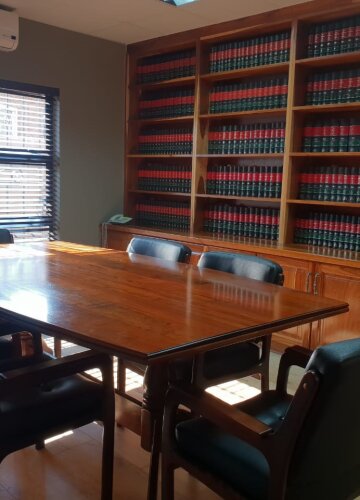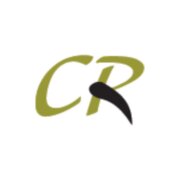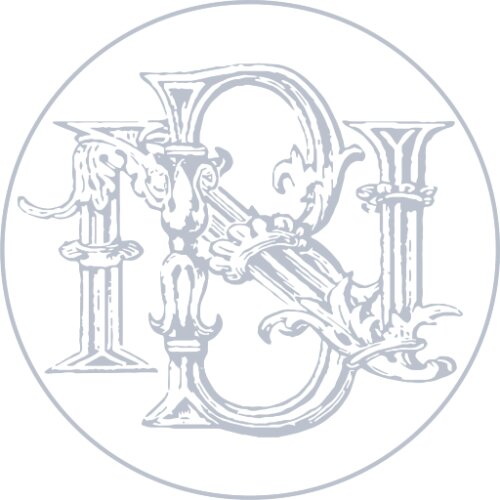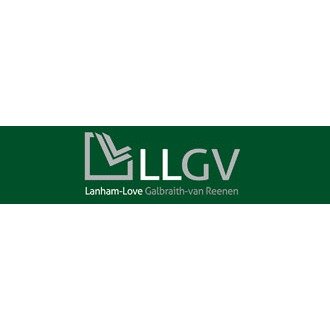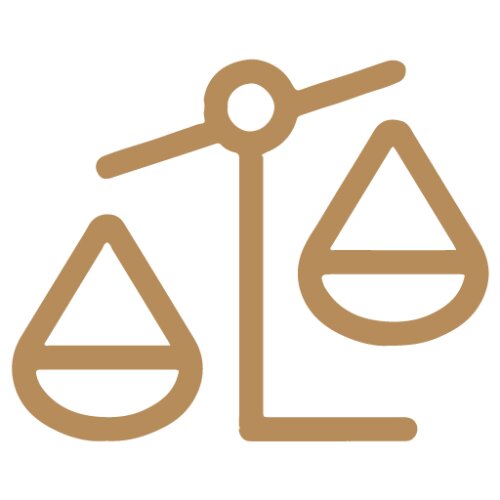Best Debt & Collection Lawyers in South Africa
Share your needs with us, get contacted by law firms.
Free. Takes 2 min.
Or refine your search by selecting a city:
List of the best lawyers in South Africa
About Debt & Collection Law in South Africa
Debt and collection law in South Africa regulates the process of recovering debts and ensures the rights of both creditors and debtors are protected. This legal framework is designed to maintain fair and transparent practices in the financial sector, enabling creditors to rightfully recover what is owed to them while safeguarding debtors from harassment and unfair treatment. Legislation such as the National Credit Act (NCA) establishes criteria for responsible lending and borrowing, emphasizing informed credit agreements and consumer protection.
Why You May Need a Lawyer
There are several situations where having a lawyer's expertise in debt and collection can be beneficial:
- When you are facing legal action from a creditor or collection agency.
- If you receive a summons to appear in court regarding an outstanding debt.
- When there are disputes over the amount owed or the terms of the debt.
- If you experience harassment from debt collectors violating your consumer rights.
- When you need assistance in negotiating a payment plan or a debt settlement.
- If you are considering sequestration or bankruptcy due to overwhelming debts.
- When attempting to recover debts owed to you by others.
Local Laws Overview
South Africa's debt and collection landscape is primarily governed by several key laws:
- The National Credit Act (NCA): This act promotes fair and non-discriminatory market practices, ensuring consumers are informed and protected in credit agreements.
- The Debt Collectors Act: Regulates the conduct of debt collectors, ensuring that they operate ethically and within legal boundaries.
- The Magistrates' Court Act: Addresses procedures for obtaining judgments against debtors and for execution of debts.
- The Consumer Protection Act: Offers guidance on fair transactions and dispute resolutions between consumers and businesses.
Frequently Asked Questions
What should I do if I'm unable to pay my debt?
Contact your creditor or a legal advisor to discuss potential solutions such as renegotiation of payment terms, debt settlement, or exploring debt counseling services.
Am I obligated to pay a debt that has prescribed?
No, a debt that has prescribed typically means it has expired as per the Prescription Act, usually after three years of no payment or acknowledgment.
How can I check if a debt collector is legitimate?
Ensure that the debt collector is registered with the Council for Debt Collectors, which maintains a list of authorized entities.
What rights do I have if a debt collector is harassing me?
You can file a complaint with the Council for Debt Collectors if a collector engages in harassment, intimidation, or illegal practices.
What is the process for obtaining a debt judgment?
The creditor must issue a summons to the debtor. If the debtor fails to respond, the court may issue a default judgment in favor of the creditor.
Can I negotiate a payment plan if I am sued for a debt?
Yes, it is possible to negotiate a payment plan or settlement with the creditor, potentially even after legal proceedings have started.
What is garnishment, and when can it happen?
Garnishment is a court order that allows creditors to collect a portion of your wages or bank account funds to satisfy a debt. This typically happens after a court judgment against you.
Is it possible to have a debt removed from my credit report?
Yes, inaccuracies can be challenged with the credit bureau, and debts included in a sequestration order can be removed after the insolvency process is complete.
Are all types of debts covered under the NCA?
No, the NCA does not cover debts such as loans from informal lenders or debts resulting from some business credits.
What can I do if someone owes me money and refuses to pay?
You may initiate legal action in court or work with a debt collection service to recover what's owed, ensuring compliance with legal procedures.
Additional Resources
For further assistance, consider reaching out to these organizations:
- National Credit Regulator (NCR): Monitors the credit market and assists with disputes.
- Council for Debt Collectors: Regulates debt collection agencies and addresses complaints.
- Legal Aid South Africa: Provides legal assistance to those unable to afford private legal services.
- Consumer Protection Act Help Desks: Offers advice and mediation for consumer-related issues.
Next Steps
If you require legal assistance in debt and collection matters, consider the following steps:
- Consult with a qualified attorney who specializes in debt and collection law.
- Gather all relevant documentation concerning your debts or collections for review.
- Determine the financial and legal strategies that best suit your situation, which may include negotiation, mediation, or court proceedings.
- Stay informed about your rights as a consumer and regularly review the status of your debts.
Lawzana helps you find the best lawyers and law firms in South Africa through a curated and pre-screened list of qualified legal professionals. Our platform offers rankings and detailed profiles of attorneys and law firms, allowing you to compare based on practice areas, including Debt & Collection, experience, and client feedback.
Each profile includes a description of the firm's areas of practice, client reviews, team members and partners, year of establishment, spoken languages, office locations, contact information, social media presence, and any published articles or resources. Most firms on our platform speak English and are experienced in both local and international legal matters.
Get a quote from top-rated law firms in South Africa — quickly, securely, and without unnecessary hassle.
Disclaimer:
The information provided on this page is for general informational purposes only and does not constitute legal advice. While we strive to ensure the accuracy and relevance of the content, legal information may change over time, and interpretations of the law can vary. You should always consult with a qualified legal professional for advice specific to your situation.
We disclaim all liability for actions taken or not taken based on the content of this page. If you believe any information is incorrect or outdated, please contact us, and we will review and update it where appropriate.
Browse debt & collection law firms by city in South Africa
Refine your search by selecting a city.




